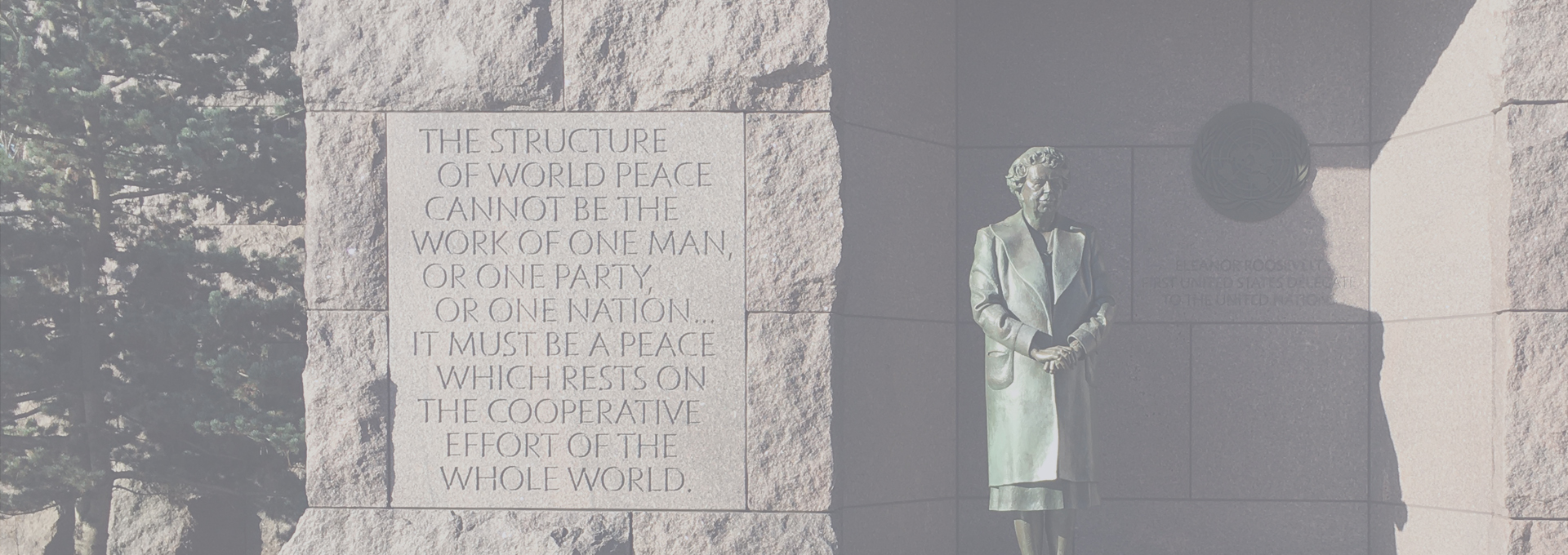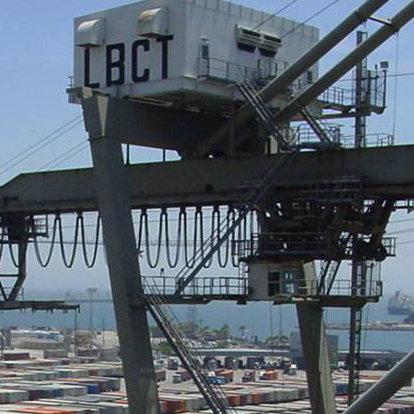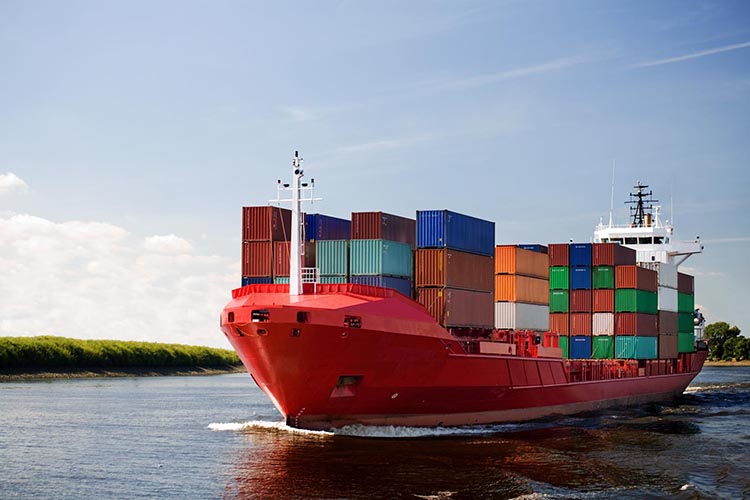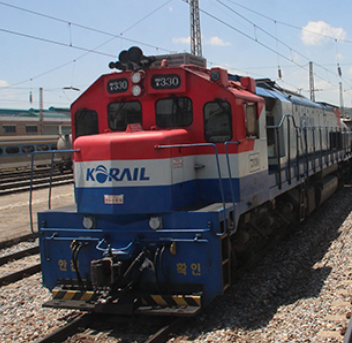
FTZ’ine March 2021
March 2, 2021
FTZ’ine May 2021
May 3, 2021DC Is Blooming – No Fooling
The Cherry Blossoms of Spring are always a welcome distraction in your Nation’s Capital. Though access is highly restricted this year, early risers can still get a chance to enjoy this special rite that punctuates the end to winter. News on the economy has also been warmer and folks have even started to talk about a glut in the supply of . . . vaccine. That makes a return to normal seem more like a “when” question than an “if” question.
The pending return to favorite activities has had an impact on trade. A continued backlog at west coast ports means delays for east-bound merchandise. East coast ports are about to get swamped with the arrival of ships that had been delayed by the Suez Canal blockage. And even if your international supply chain doesn’t depend on merchandise from Asia, you have likely been impacted by the accompanying driver and equipment shortages. Hopefully, those shipping problems won’t stymie an otherwise rosy outlook for the US economy.
China remains a major concern for U.S. importers, and the first meeting between the Chinese government and the Biden Administration only reaffirmed how long the road to normal trading relations might be. Alaska in March is no place to look for Cherry Blossoms.

Top Story: West Coast Port Delays Ripple Through US Supply Chains
Tech Tip
On January 13, 2021, U.S. Customs issued CSMS #45523296 announcing changes in the ACE Entry Summary Business Rules and Process Document. This update included a change in Section 18, related to Foreign-Trade Zone summaries.
The process rules now state that an FTZ Entry Summary Type 06 will not be accepted if:
- The entry summary contains HTS numbers, including but not limited to, HTS number/Zone Status/Country of Origin combinations which were not present on the corresponding CBP-authorized Cargo Release Weekly Entry submission
- It does not include the reported quantity and value by HTS Line as specified above
Does your weekly estimate include unique lines for each HTS, Zone Status, and Country of Origin combination? Perhaps due to the 999 line limit on the entry, your estimate has not included Country of Origin and/or Status in the calculation of unique lines and instead, you are reporting value and quantity only for each HTS entered for consumption from your zone. If you are unsure, now is a good time to check.
It is unclear if CBP has system validations in place to systemically reject summaries based on these criteria. So, each zone operator must verify that their estimates are conforming to this guidance. If you have questions or need help with this new requirement, contact us at Info@iscm.co to learn how ISCM can help.


Will Mega Ships Lead To More Mega Shipping Problems?
EU/US Suspend Airbus Tariffs During Negotiations


CP – KCS Merger Could Alter Land Border Crossing Dynamics
Temperature in Alaska Was, Well, Frosty

FTZ Board Activity
- Phillips 66 Company submitted an application for the expansion and modification of subzone 149C in Freeport, Texas. MORE
- The Bridgeport Port Authority submitted an application to reorganize FTZ 76 under the alternative site framework in Bridgeport, Connecticut. MORE
- IPR Pharmaceuticals, Inc. submitted a notification of proposed production activity for additional pharmaceutical products and components within FTZ 7 in Mayaguez, Puerto Rico. MORE
- Lockheed Martin Corporation submitted a notification of proposed production activity for additional components of satellites and other spacecraft within FTZ 123G in Littleton, Colorado. MORE
- Cleveland Cuyahoga County Port Authority submitted an application for the expansion of subzone 40I in Eastlake, Ohio. MORE
- AstraZeneca Pharmaceuticals LP submitted a notification of proposed production activity for additional pharmaceutical products and components within FTZ 99D in Newark, Delaware. MORE
- AstraZeneca Pharmaceuticals LP submitted a notification of proposed production activity for additional pharmaceutical products and components within FTZ 177A in Mount Vernon, Indiana. MORE
- Zoetis Services, LLC submitted a notification of proposed production activity for pharmaceutical products within FTZ 59D in Lincoln, Nebraska. MORE
- Greater Mississippi Foreign-Trade Zone, Inc. submitted an application to reorganize and expand the service area of FTZ 158 under the alternative site framework in Vicksburg and Jackson, Mississippi. MORE
- CMC Steel Fabricators, Inc. received approval to operate its facility in Mesa, Arizona as Subzone 221B. MORE
- Pepperl+Fuchs, Inc. submitted an application for subzone status for its facilities within FTZ 84 in Katy, Texas. MORE
- Liebel-Flarsheim Company, LLC submitted a notification of proposed production activity for diagnostic imaging contrast media within FTZ 93 in Raleigh, North Carolina. MORE
- Merck & Co., Inc. submitted a notification of proposed production activity for additional pharmaceutical products and components within FTZ 185C in Elkton, Virginia. MORE
- All Ways Pacific LLC submitted an application for subzone status for its facilities within FTZ 44 in Dayton, New Jersey. MORE
- M.M.O. Companies, Inc. submitted a notification of proposed production activity for disassembly of firearms and ammunition within FTZ 31E in Mascoutah and Edwardsville, Illinois. MORE
- Baxter Healthcare Corporation received approval to operate its facility in Byhalia, Mississippi as Subzone 262E. MORE
- Ricoh Electronics, Inc. received authorization of limited production activity for toner products, thermal paper, and thermal film within FTZ 26 in Lawrenceville and Buford, Georgia subject to a five-year time limit on authorization for Ricoh to admit its “titanium dioxide mixture” input in nonprivileged foreign status. MORE
- Merck & Co., Inc. submitted a notification of proposed production activity for additional pharmaceutical products and components within FTZ 24B in Riverside, Pennsylvania. MORE
- Coating Place, Inc. received approval to operate its facility in Verona, Wisconsin as Subzone 266B. MORE
- Gulfstream Aerospace Corporation received authorization of production activity for disassembly of aircraft within FTZ 168 in Dallas, Texas. MORE
- Piramal Critical Care, Inc. submitted an application for subzone status for its facilities within FTZ 44 in Linden, New Jersey. MORE

DC Is Blooming – No Fooling;
The Cherry Blossoms of Spring are always a welcome distraction in your Nation’s Capital. Though access is highly restricted this year, early risers can still get a chance to enjoy this special rite that punctuates the end to winter. News on the economy has also been warmer and folks have even started to talk about a glut in the supply of . . . vaccine. That makes a return to normal seem more like a “when” question than an “if” question.
The pending return to favorite activities has had an impact on trade. A continued backlog at west coast ports means delays for east bound merchandise. East coast ports are about to get swamped with the arrival of ships that had been delayed by the Suez Canal blockage. And even if your international supply chain doesn’t depend on merchandise from Asia, you have likely been impacted by the accompanying driver and equipment shortages. Hopefully those shipping problems won’t stymie an otherwise rosy outlook for the US economy. China remains a major concern for U.S. importers, and the first meeting between the Chinese government and the Biden Administration only reaffirmed how long the road to normal trading relations might be. Alaska in March is no place to look for Cherry Blossoms.

